Taiwan vents anger after losing another ally to China
Taiwan’s President Tsai Ing-wen has voiced anger at Beijing’s “increasingly-out-of-control” behavior following El Salvador’s move to sever ties with her self-proclaimed government in favor of China.
Speaking in Taipei on Tuesday, Tsai said her government — now having diplomatic relations with only 17 countries — would not bow to pressure from China.
She made the remarks after El Salvador’s President Salvador Sanchez Ceren announced in a nationally-televised speech earlier that his government had broken off ties with Taipei and established relations with Beijing instead.
Almost all world countries recognize Chinese sovereignty over self-ruled Taiwan.
Tsai blamed China for El Salvador’s move, saying it was further evidence of China’s efforts to squeeze Taipei.
“We will turn to countries with similar values to fight together against China’s increasingly out-of-control international behavior,” she said.

Taiwan claims that China buys off its increasingly dwindling diplomatic partners with generous aid packages.
Taiwanese Foreign Minister Joseph Wu had said at a press conference earlier, “We are not willing to continue with the money competition with China.”
China, however, denies such allegations, saying Taiwan is historically part of its territory, with no right to formal diplomatic ties of its own with other countries.
Wu condemned what it called Beijing’s “crude actions,” saying, “Pressure from China would only make Taiwan more determined to continue our path of democracy and freedom.”
He claimed that the government in San Salvador had been continuously asking for “massive funding support” since last year for a port development, but Taipei had been unable to assist with the “unsuitable project” after an assessment.
Tsai recently wrapped up a visit to Latin America, during which she had two brief stopovers in the United States.

China has objected to the brief stopovers, with its Foreign Ministry spokesman Lu Kang saying Beijing is “against all countries that have diplomatic ties with China, including the US, conducting official exchanges with Taiwan.”
Tsai said earlier on Monday that pressure would only boost Taiwan’s “determination to go abroad.”
The US, too, recognizes Chinese sovereignty over Taiwan, but it has long courted Taipei in an attempt to counter China.
US President Donald Trump signed the so-called Taiwan Travel Act this year, which encourages high-level visits between the two sides, despite Beijing’s strong opposition.
His administration approved $1.4 billion in arms sales to Taiwan last year and is now opening a new de facto embassy in a suburb of Taipei.
Taiwan, in the meantime, is losing allies one after another, with El Salvador being the fifth diplomatic loss since Tsai took office in 2016. The West African state of Burkina Faso cut ties with Taiwan in May, following similar moves earlier by the Dominican Republic, Sao Tome and Principe, and Panama.
VIDEO | Press TV's news headlines
Senior Russian general shot and wounded in Moscow: Officials
UK ordered in 'milestone' court ruling to pay $570 million for colonial-era massacre
VIDEO | Defying the rubble, Gaza opens its first face-to-face school since start of war
‘Ready for next round’: Million-man rally in Yemen backs Gaza, resistance
FM Araghchi departs Muscat for Doha following nuclear talks with US
Israeli keeps killing more Palestinian civilians in Gaza amid relentless ceasefire violations
Aliyev: Azerbaijani territory will not be used for threats against Iran


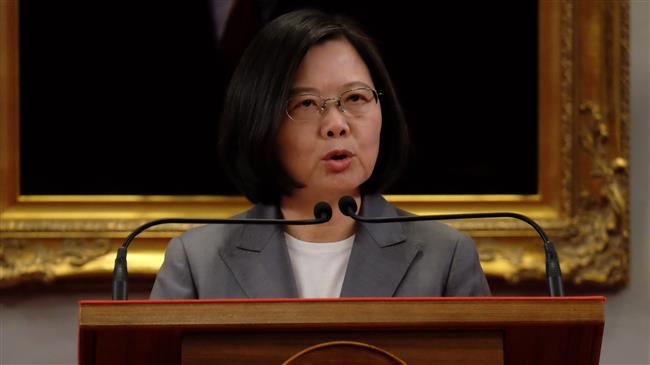
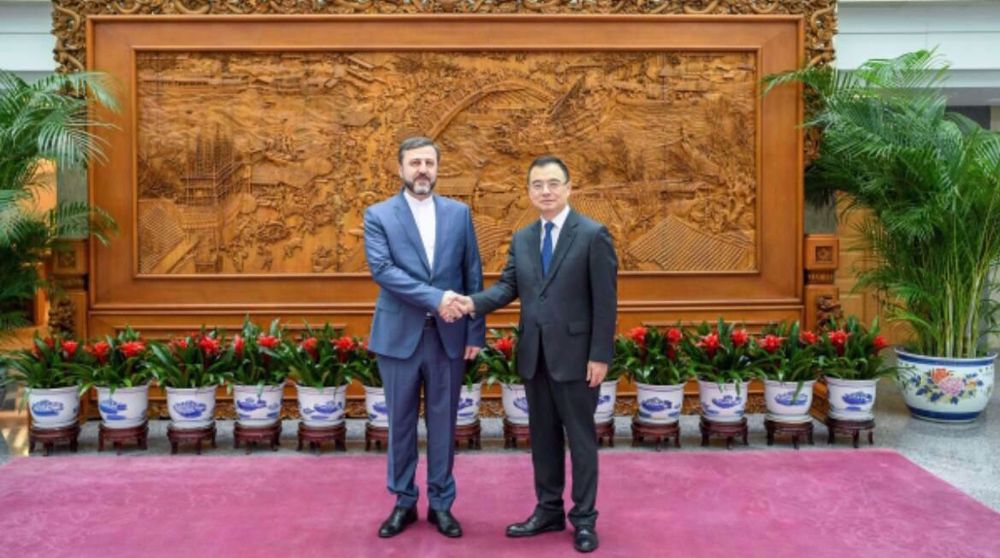

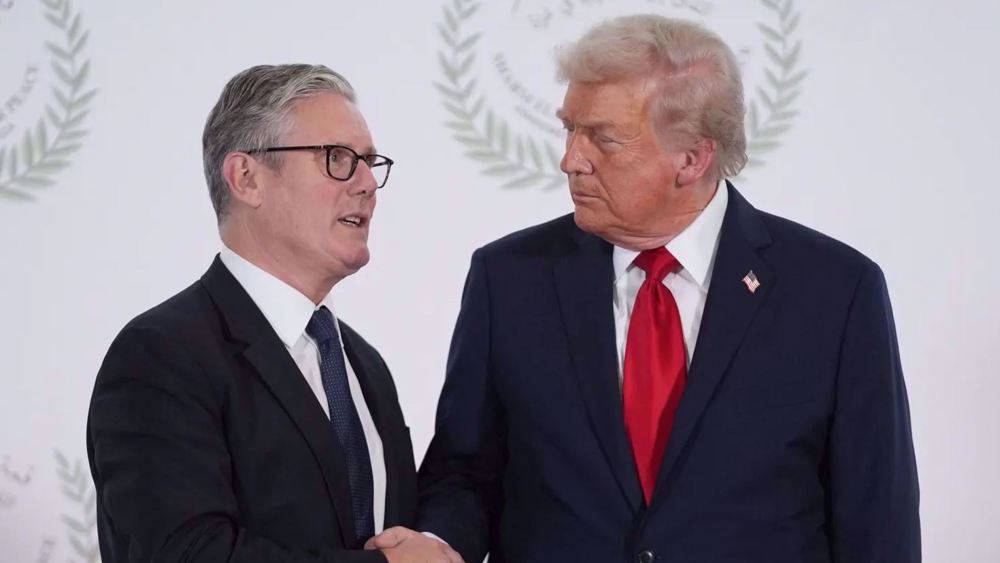




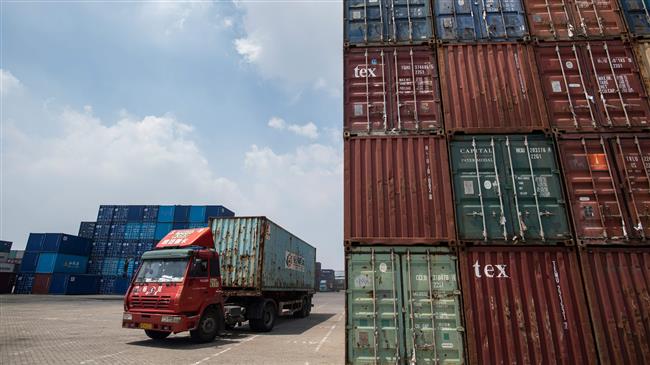
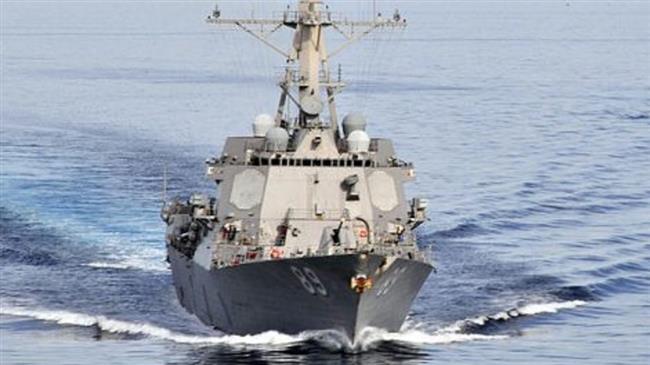

 This makes it easy to access the Press TV website
This makes it easy to access the Press TV website